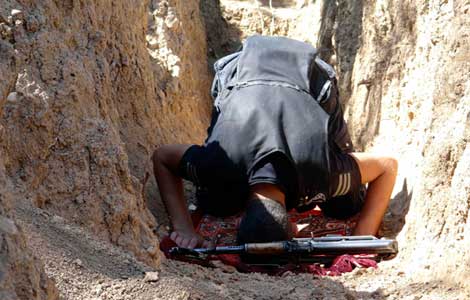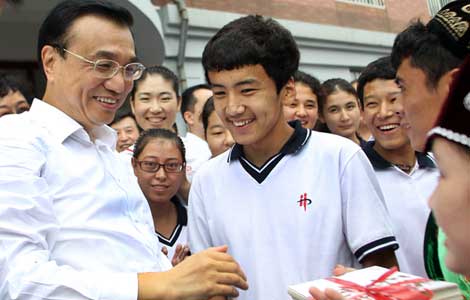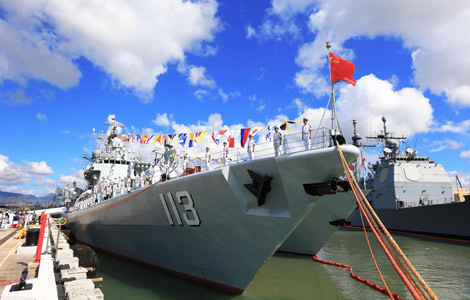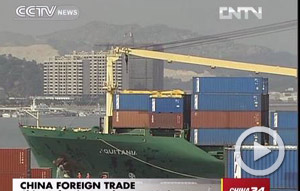Diplomacy gets under way on Korean front
Updated: 2013-09-10 11:21
By Chen Weihua in Washington (China Daily)
|
||||||||
Compared with an imminent US military strike against Syria for its alleged use of chemical weapons, diplomatic efforts, both official and unofficial, are gathering steam on the Korean Peninsula front.
On Monday, US Special Representative for North Korea Policy Glyn Davies said he needs to get to Beijing to talk to Chinese authorities before deciding if he is going to attend an informal meeting proposed by China.
Last month China proposed an informal meeting on Sept 18 with senior officials from countries involved in the Six-Party Talks for the denuclearization of the Korean Peninsula. The six countries are the Democratic People's Republic of Korea, the Republic of Korea, China, the US, Japan and Russia.
The proposal for informal talks is being interpreted as part of China's intensified efforts to re-start the Six-Party Talks, which have been suspended since 2008. Chinese special envoy for Korean Peninsula affairs Wu Dawei travelled to the DPRK on Aug 26-30 to talk with his counterpart Kim Kye-gwan. And it was reported that the DPRK agreed to send its nuclear envoy Ri Yong-ho to the proposed gathering.
Organized by the China Institute of International Studies, the so-called Track 1.5 meeting in Beijing is to "review the past course of the Six-Party Talks", to use the words of Chinese Foreign Ministry spokesman Hong Lei.
The US, the ROK and Japan have not indicated whether or not they will send their chief nuclear negotiators to the informal talks.
However, the ROK and the US recently mapped out a joint operation plan to deter and respond to the DPRK's nuclear program. The plan encompasses political, diplomatic and military measures Washington will use to provide a nuclear umbrella for the ROK in the case of a DPRK nuclear provocation.
While the plan is expected to be signed by the US and the ROK in early October, Chinese Foreign Ministry spokesman Hong on Monday called for all parties to keep the big picture in mind, do more to ease tensions, make joint efforts to create enabling conditions for the resumption of the talks and stay committed to solving relevant issues under the framework of the Six-Party Talks.
"China has always strived for denuclearization, peace and stability on the Korean Peninsula," Hong said. "We maintain that relevant issues should be solved through dialogue and consultations."
The DPRK indicated that it is willing to resume the Six-Party Talks, but said that no pre-conditions should be set by the US, which has said that the DPRK's abandonment of their nuclear program was a prerequisite.
Most Viewed
Editor's Picks

|

|

|

|

|

|
Today's Top News
Diplomacy gets under way on Korean front
Michigan gov in China, yet again
China's premier warns on Syria
AIDS is biggest killer among infectious diseases
China vaults to world's 3rd-largest investor
War could derail global recovery
China, US vow to enhance Asia-Pacific military ties
Assad warns US over strike
US Weekly

|

|














